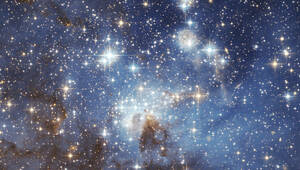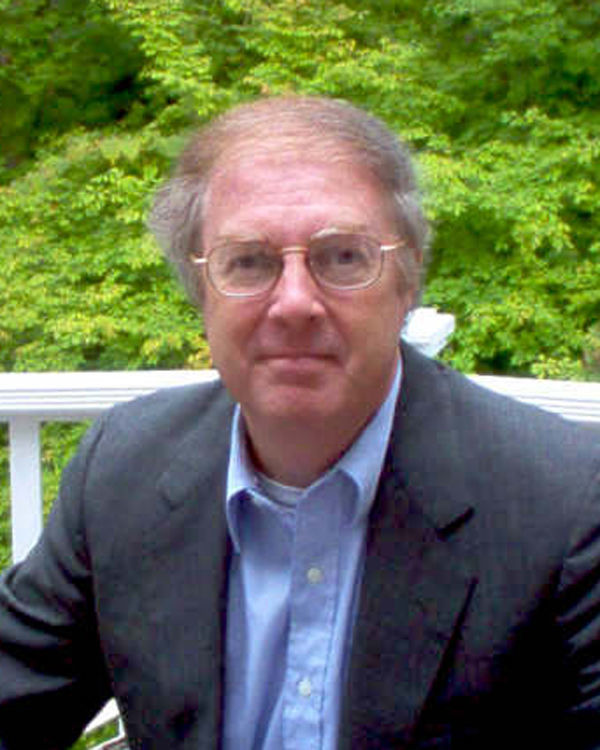Eric Chaisson, "The Rise of Complexity in Nature"


Join Eric Chaisson, 2018 Director's Fellow at the NDIAS, and the Department of Physics on March 7 in 118 Nieuwland Science Hall for a Physics Colloquium on "The Rise of Complexity in Nature."
Nature writ large is a mess. Yet, underlying unities pervade the long and storied, albeit meandering, path from the early Universe to civilization on Earth. Evolution is one of those unifiers, incorporating physical, biological, and cultural changes within a broad and inclusive cosmic evolutionary scenario. Complexity is another such unifier, delineating the growth of structure, function, and diversity within and among galaxies, stars, planets, life, and society.
This talk will summarize a research agenda now underway not only to search for unity in Nature but also, potentially and more fundamentally, to quantify both unceasing evolution and increasing complexity by modeling energy, whose flows through non-equilibrium systems arguably grant opportunities for evolution to create evermore complexity.
Eric Chaisson is a member of the Harvard-Smithsonian Center for Astrophysics, affiliates with the Harvard College Observatory and Smithsonian Astrophysical Observatory, teaches with the Faculty of Arts and Sciences at Harvard University, and researches with the Smithsonian Institution, Washington. His scientific program addresses an interdisciplinary study of physical, biological, and cultural phenomena, seeking to understand the origin and evolution of galaxies, stars, planets, life, and society, thereby devising a unifying cosmic-evolutionary worldview of the Universe and our sense of place within it.
Dr. Chaisson has published nearly 200 papers, studies, and reviews in professional science and other journals. He is the author of 12 books, including Cosmic Dawn (1981), awarded the Phi Beta Kappa Prize, the American Institute of Physics Writing Award, and a National Book Award Nomination for distinguished science writing. Other books include two works on relativity, a textbook on cosmic evolution, and a co-authored volume outlining the scientific rationale for the United States’ national space policy. He is the lead author of Astronomy Today, now in its ninth edition and the most widely used college astronomy textbook in the nation. His most recent books are Cosmic Evolution: The Rise of Complexity in Nature (2001) and Epic of Evolution: Seven Ages of the Cosmos (2006).
Dr. Chaisson is a member of numerous American and international scientific organizations, honor societies, and academic, public, and federal advisory committees. He is the recipient of numerous awards for astronomical discoveries and literary merit as well as scholarly prizes and fellowships from Phi Beta Kappa, the Sloan Foundation, the American Institute of Physics, and the National Academy of Sciences. In 1993 he was recognized by the National Aeronautical and Space Administration (NASA) for his work on the Hubble Space Telescope, and in 2007 he was presented with the Kistler Award for increasing understanding of subjects shaping the future of humanity.